By Timour Azhari and Ari Rabinovitch
BEIRUT/JERUSALEM (Reuters) – Israel bombed central Beirut in the early hours of Thursday, killing at least six people, after its forces suffered their deadliest day on the Lebanese front in a year of clashes against Iran-backed armed group Hezbollah.
Israel said it conducted a precise air strike on Beirut. Reuters witnesses reported hearing a massive blast, and a security source said it targeted a building in central Beirut’s Bachoura neighbourhood close to parliament, the nearest Israeli strikes have come to Lebanon’s seat of government.
At least six people were killed and seven wounded, Lebanese health officials said. A photo being circulated on Lebanese WhatsApp groups, which Reuters could not immediately verify, showed a heavily damaged building with its first floor on fire.
Three missiles also hit the southern suburb of Dahiyeh, where Hezbollah leader Hassan Nasrallah was killed last week, and loud explosions were heard, Lebanese security officials said. The southern suburbs came under more than a dozen Israeli strikes on Wednesday.
A day after Iran fired more than 180 missiles into Israel, Israel said on Wednesday eight soldiers were killed in ground combat in south Lebanon as its forces thrust into its northern neighbour.
The Israeli military said regular infantry and armoured units joined its ground operations in Lebanon on Wednesday as Iran’s missile attack and Israel’s promise of retaliation raised concerns that the oil-producing Middle East could be caught up in a wider conflict.
Hezbollah said its fighters engaged Israeli forces inside Lebanon. The movement reported ground clashes for the first time since Israeli forces pushed over the border on Monday. Hezbollah said it had destroyed three Israeli Merkava tanks with rockets near the border town of Maroun El Ras.
Israeli Prime Minister Benjamin Netanyahu, in a condolence video, said: “We are at the height of a difficult war against Iran’s Axis of Evil, which wants to destroy us.
“This will not happen because we will stand together and with God’s help, we will win together,” he said.
Lebanon’s health ministry said Israeli air raids killed at least 46 people in the south and centre of the country over the past 24 hours.
Iran said on Wednesday its missile volley – its biggest ever assault on Israel – was over barring further provocation, but Israel and the United States promised to hit back hard.
U.S. President Joe Biden said he would not support any Israeli strike on Iran’s nuclear sites in response to its ballistic missile attack and urged Israel to act “proportionally” against its regional arch-foe.
Biden joined a call with Group of Seven major power leaders on Wednesday to coordinate a response, including new sanctions against Tehran, the White House said.
G7 leaders voiced “strong concern” over the Middle East crisis but said a diplomatic solution was still viable and a region-wide conflict was in no one’s interest, a statement said.
Hezbollah said it repelled Israeli forces near several border towns and also fired rockets at military posts inside Israel.
The paramilitary group’s media chief Mohammad Afif said those battles were only “the first round” and that Hezbollah had enough fighters, weapons and ammunition to push back Israel.
Israel’s addition of infantry and armoured troops from the 36th Division, including the Golani Brigade, the 188th Armoured Brigade and 6th Infantry Brigade, suggested that the operation might expand beyond limited commando raids.
The military has said its incursion is largely aimed at destroying tunnels and other infrastructure on the border and there were no plans for a wider operation targeting the Lebanese capital Beirut to the north or major cities in the south.
1.2 MILLION LEBANESE DISPLACED
Nevertheless, it issued new evacuation orders for around two dozen towns along the southern border, instructing inhabitants to head north of the Awali River, which flows east to west some 60 km (37 miles) north of the Israeli frontier.
More than 1,900 people have been killed and over 9,000 wounded in Lebanon in almost a year of cross-border fighting, with most of the deaths occurring in the past two weeks, according to Lebanese government statistics.
Caretaker Prime Minister Najib Mikati said that about 1.2 million Lebanese had been displaced by Israeli attacks.
Malika Joumaa, from Sudan, was forced to take shelter in Saint Joseph’s church in Beirut after being forced from her house near Sidon in coastal south Lebanon with her husband and two children.
“It’s good that the church offered its help. We were going to stay in the streets; where would we have gone?”
Iran described Tuesday’s missile assault as a response to Israeli killings of militant leaders, including Nasrallah, attacks in Lebanon against the group and Israel’s war against Palestinian Hamas militants in Gaza.
There were no casualties from the missile onslaught in Israel, but one person was killed in the occupied West Bank.
(Reporting by James Mackenzie and Steven Scheer in Jerusalem; Maya Gebeily and Timour Azhari in Beirut; Parisa Hafezi in Istanbul; Phil Stewart, Jeff Mason and Idrees Ali in Washington; Michelle Nichols in New York; Adam Makary, Jaidaa Taha and Enas Alashray in Cairo; and Tala Ramadan, Jana Choukeir and Jack Kim in Seoul and Matthias Williams in Berlin, Elwely Elwelly and Clauda Tanios in Dubai and Angelo Amante and Giuseppe Fonte in Rome and Parisa Hafezi in Dubai; writing by Cynthia Osterman; editing by; Deepa Babington)

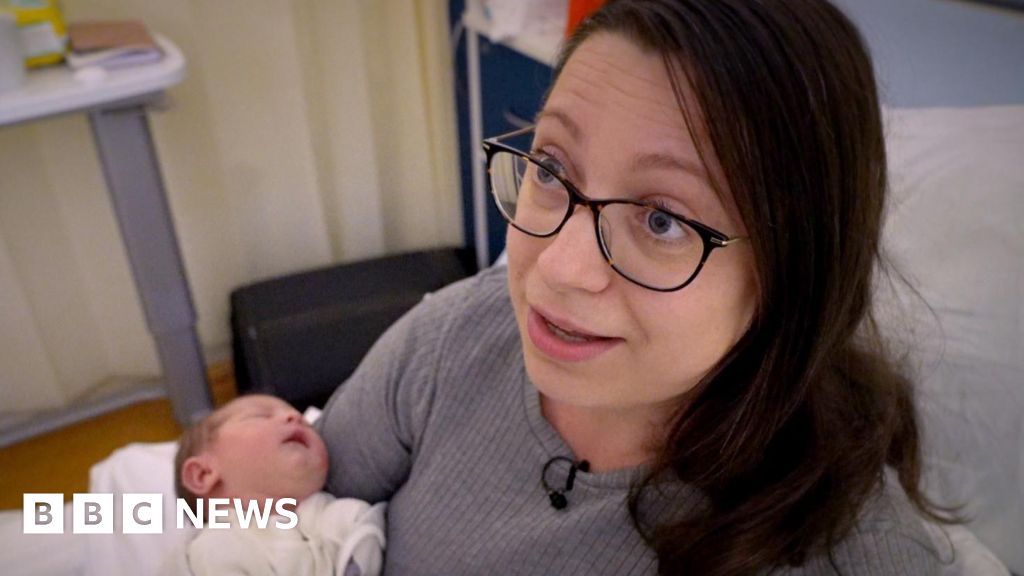

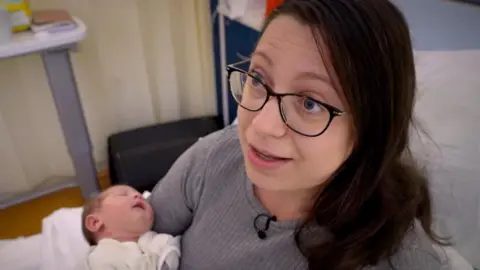
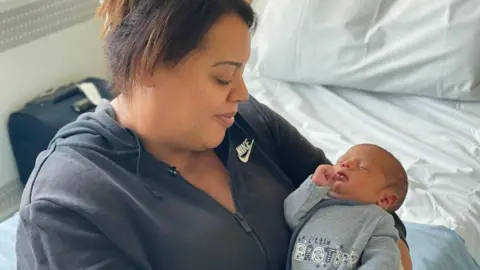
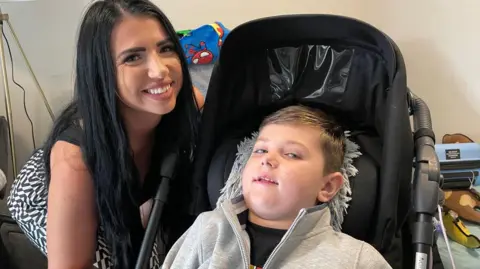



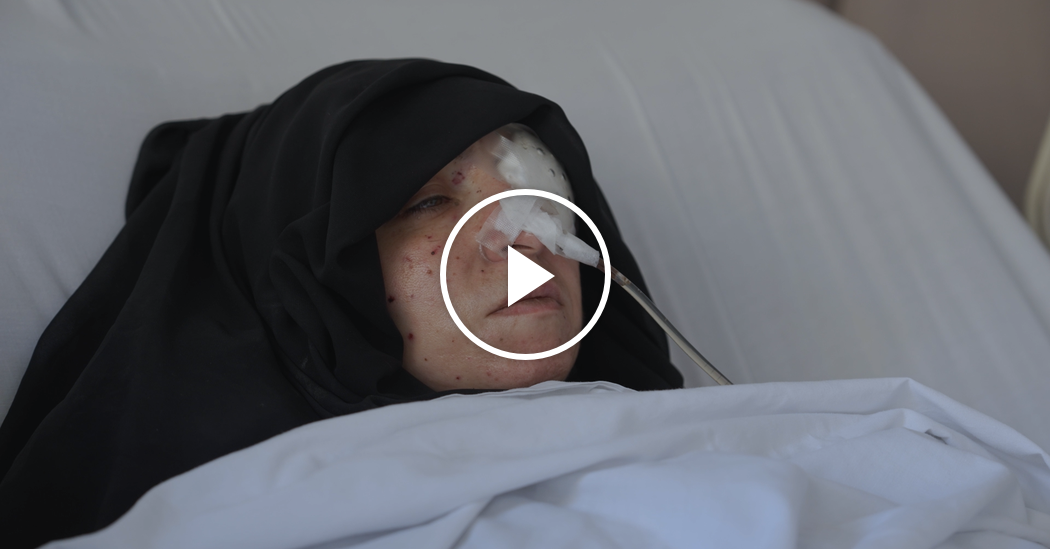





























































































































You must be logged in to post a comment Login